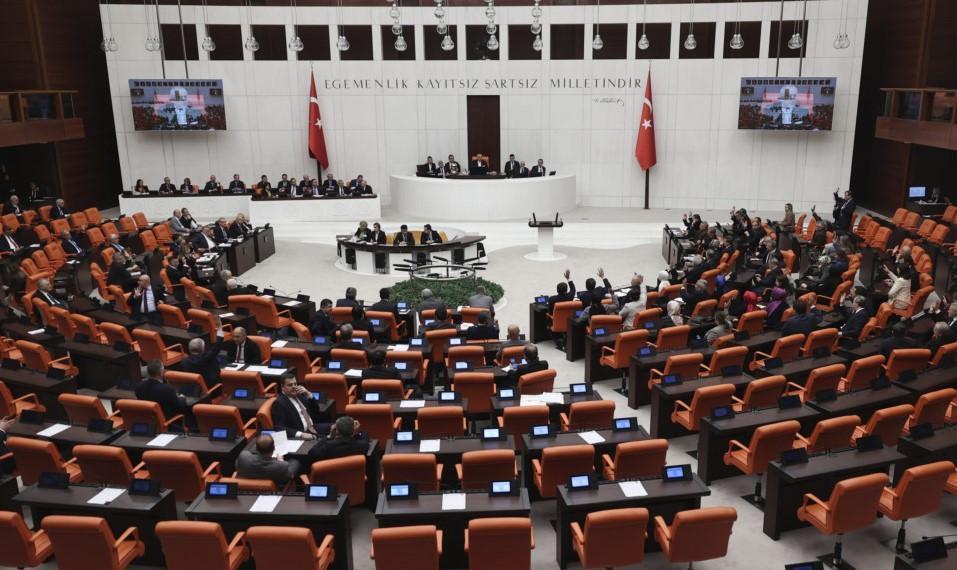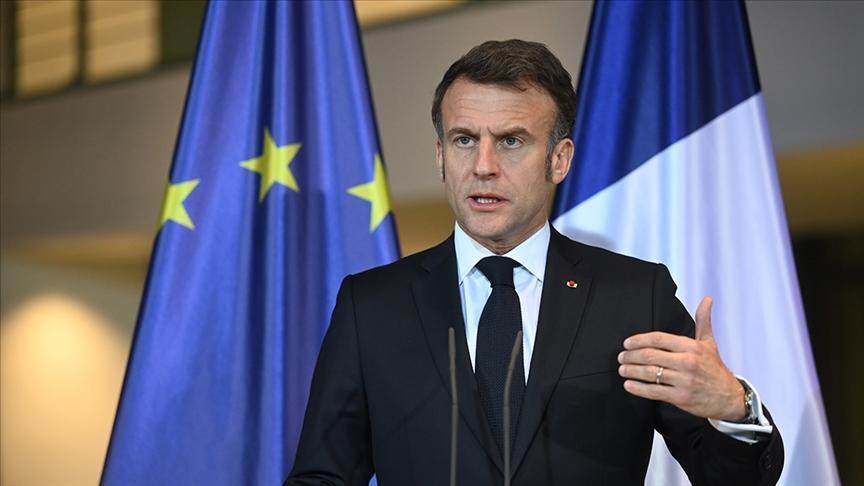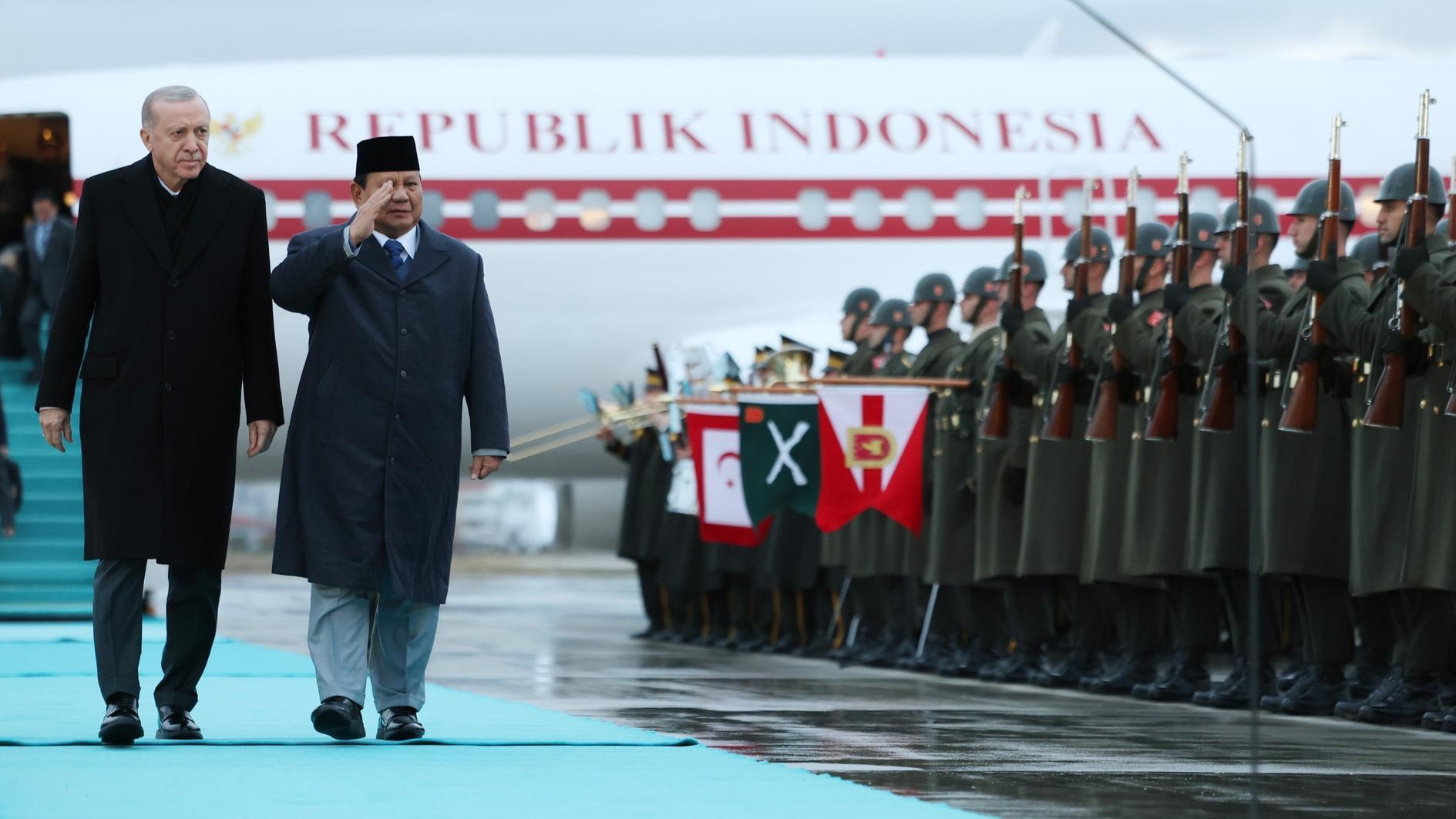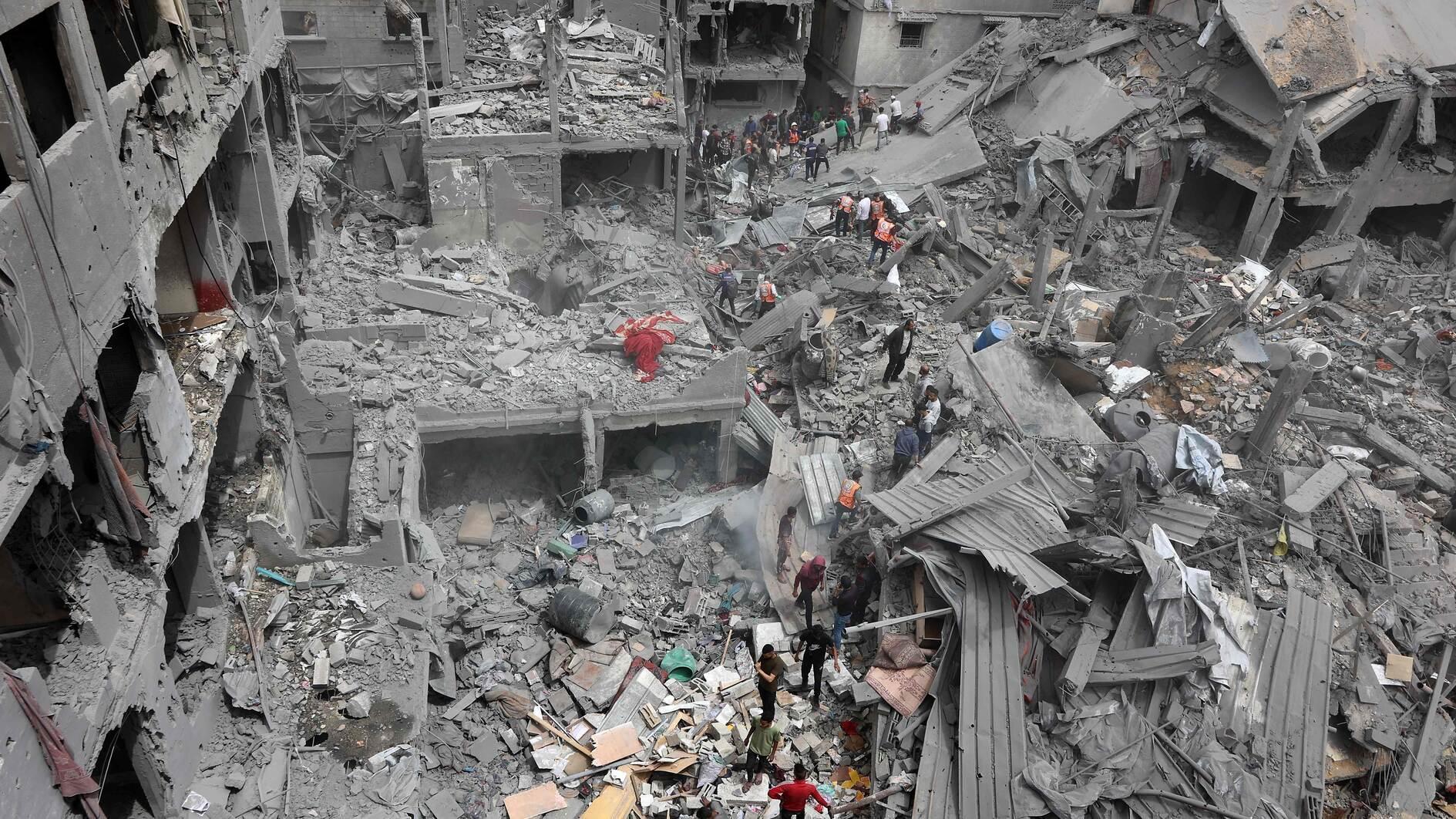Alliances continue work for maximum seats in Parliament
ANKARA

As four presidential candidates have been confirmed to run for the presidency, the political alliances have now intensified works to find a best formulation to increase the number of seats they will get in the parliament in the May 14 elections. The ultimate lists of potential members of parliament will need to be submitted to the Supreme Election Board (YSK) at the latest on April 9.
Three main alliances will run for the parliament in the 2023 polls: The ruling People Alliance, the oppositional six-party Nation Alliance and the Labor and Freedom Alliance. With the change in the electoral law, the best way for better representation of the alliances in parliament is to run through a single slate.
A political party that is a member of an alliance will be deemed to have passed the required election threshold if the sum of the votes of all the political parties within an alliance pass the 7 percent threshold. However, to send its deputy to parliament, this political party needs to get at least the minimum vote required from a certain constituency. If it cannot, then its votes will not help other members of the alliance.
Despite this, many political parties hesitate to do so in order to not weaken their constitutional identity and presence in the eyes of public opinion. In addition, by law, a political party should run in the polls with its emblem and name in at least 41 of the 81 provinces.
The People Alliance has the ruling Justice and Development Party (AKP) and the Nationalist Movement Party (MHP) on board with the support of three minor parties, the New Welfare Party (YRP), the Great Union Party (BBP) and the Hüda Par. Despite the AKP’s calls for a single slate, the MHP has decided to run with its own list of deputies in the polls. Some candidates from the YRP and BBP will run with the ticket of the AKP.
The six-party Nation Alliance is also mulling over how to obtain maximum seats in parliament. The Republican People’s Party (CHP) and the Good (İYİ) Party are two big components of the alliance, but the latter has already announced that it prefers to run independently. Three minor parties the Felicity Party, the Democracy and Progress Party (DEVA) and the Future Party are discussing the establishment of a three-way alliance in order to have better representation in parliament. The DEVA is not very willing to do so but is open to a limited cooperation in certain constituencies.
The Labor and Freedom alliance has two main elements, the Peoples’ Democratic Party (HDP) which plans to run in these polls as the Green Left Party (YSP) and the Workers’ Party of Türkiye (TİP). The latter is planning to run in most constituencies with its own emblem and name but will cooperate with the YSP in some constituencies where the latter is strong. In addition, it will support the YSP candidates in the southeastern Anatolian provinces.
An alliance needs at least 300 seats to have a simple majority in parliament. To amend the constitution, it needs 400 and to take an amendment to referendum, it needs at least 360 seats.
















